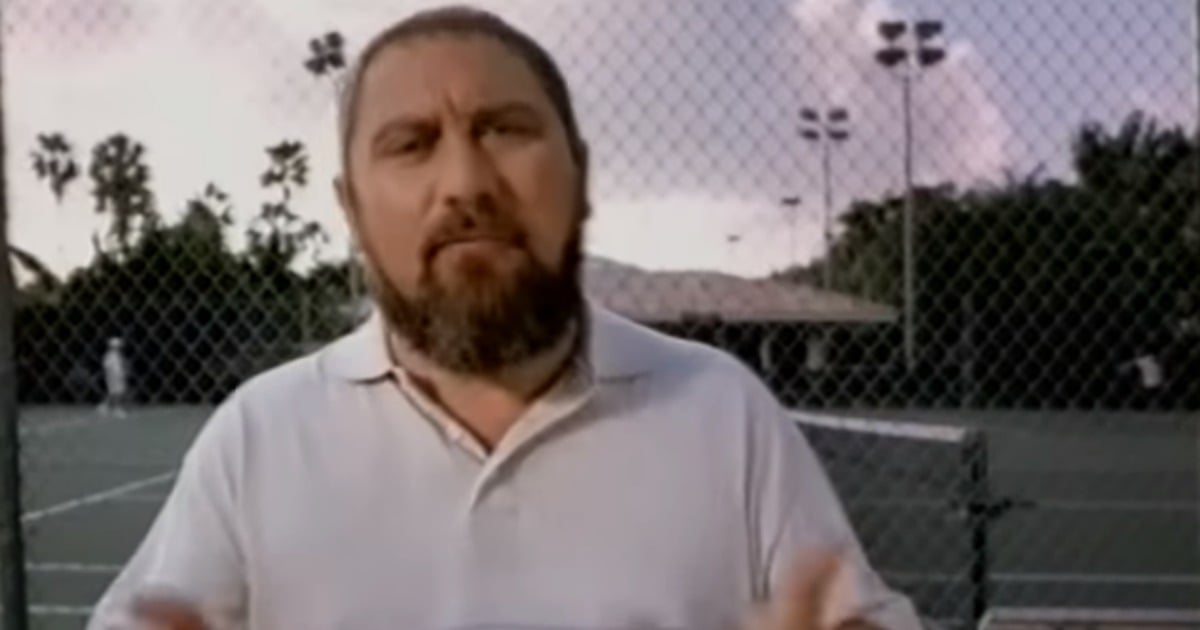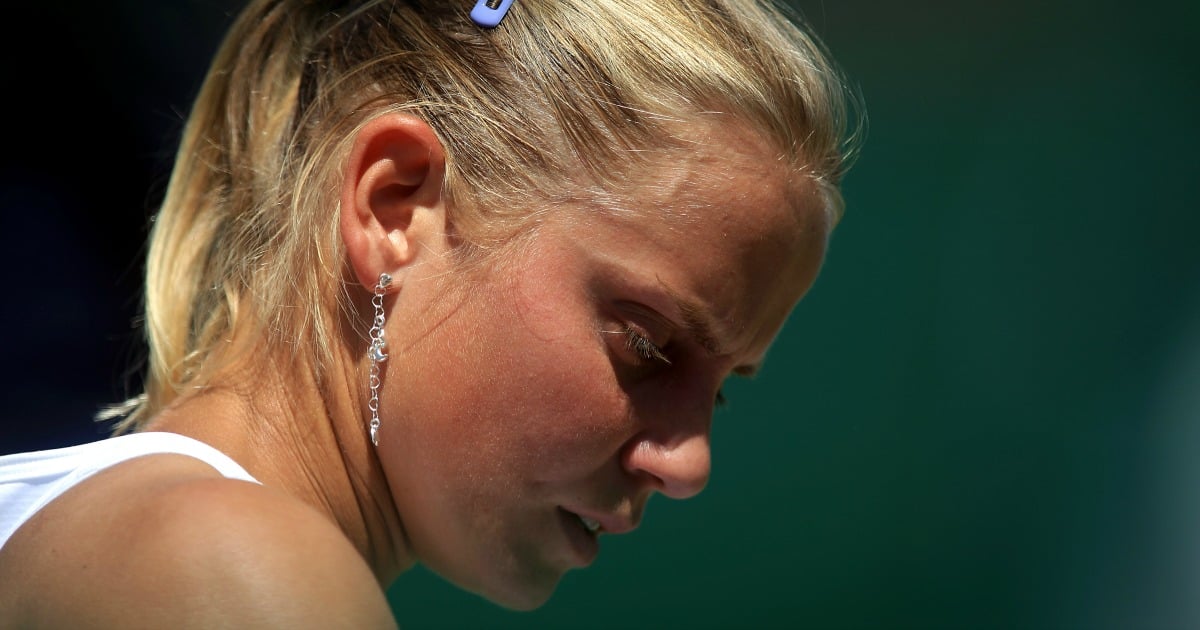“To this day, I don’t understand why the media was making fun of him. He was a headline and a joke and a punchline.
“They saw him drunk, they saw him aggressive, they saw him being actually quite scary. So… I ask myself why they were making fun of it, and didn’t think, well, there’s a 14-year-old girl, 15-year-old girl going home with this person. And this guy wasn’t funny.”
Former tennis star Jelena Dokic, now 34, has spoken extensively to the Australian media in recent months about the physical and verbal abuse she suffered at the hands of her father, Damir, during her tennis career.
Speaking to Mia Freedman for a recent episode of No Filter, Dokic recalled being whipped with a belt, and being kicked in the shins with pointed dress shoes. She describes the way her father took control of her money, locked her out of her hotel room, leaving her with nowhere to sleep the night after a Wimbledon loss, and routinely called her a “slut” and a “whore”. It all started, she says, the moment she picked up a tennis racquet.
Listen: Jelena Dokic gives a raw account of the moment her father started abusing her. Post continues after audio.
But while the abuse often took place behind closed doors, where her mother “very often thought what [her father] was doing was right,” throughout Dokic’s early tennis career, there were signs that this young woman was not okay. Signs that, for the most part, went ignored.




Top Comments
As a teen and the youngest child by several years, I was the only person living with my mentally ill, abusive, unemployed mother, isolated from any other family members.
I am in my late 30s now, and looking back with adult eyes wish so much that any adult in my life had interfered with the situation.
I was too frightened to alert anyone. I was not OK. My family home was not a safe place. I never knew when a rage was coming. Often it was 1 or 2am. Triggers were hard to predict. I lived my life walking on eggshells.
Speaking in recent years to friends I knew then, they admit their parents knew something was wrong. They felt sorry for me. My teachers and other school staff knew my mother was confrontational and aggressive with poor impulse control. But no one helped me. No one asked if things were alright at home. I had no where to go, no support at all.
Years before, when I was only about 11 or 12, my mother had turned up to confront my sister at her school, and literally dragged her by the hair out of her class. There was an argument with the teacher but no one called police or reported it to human services.
I can guarantee you that there are children living this way all over Australia right now. They are relying on adults to spot the problem and help them, because they feel they can't tell.